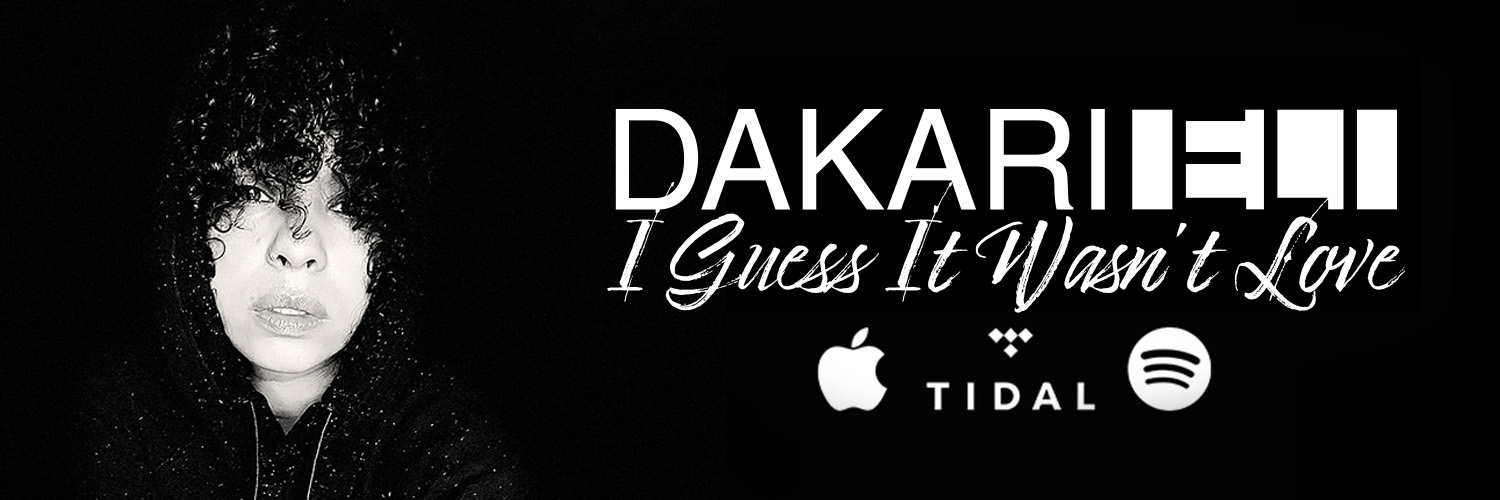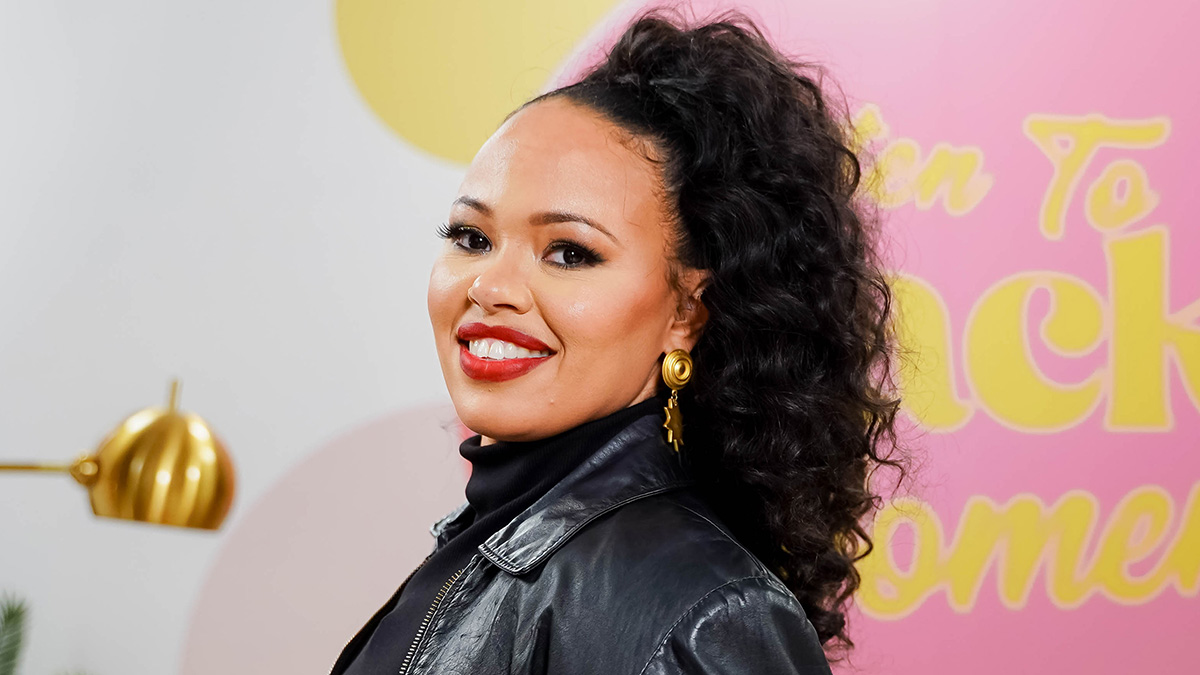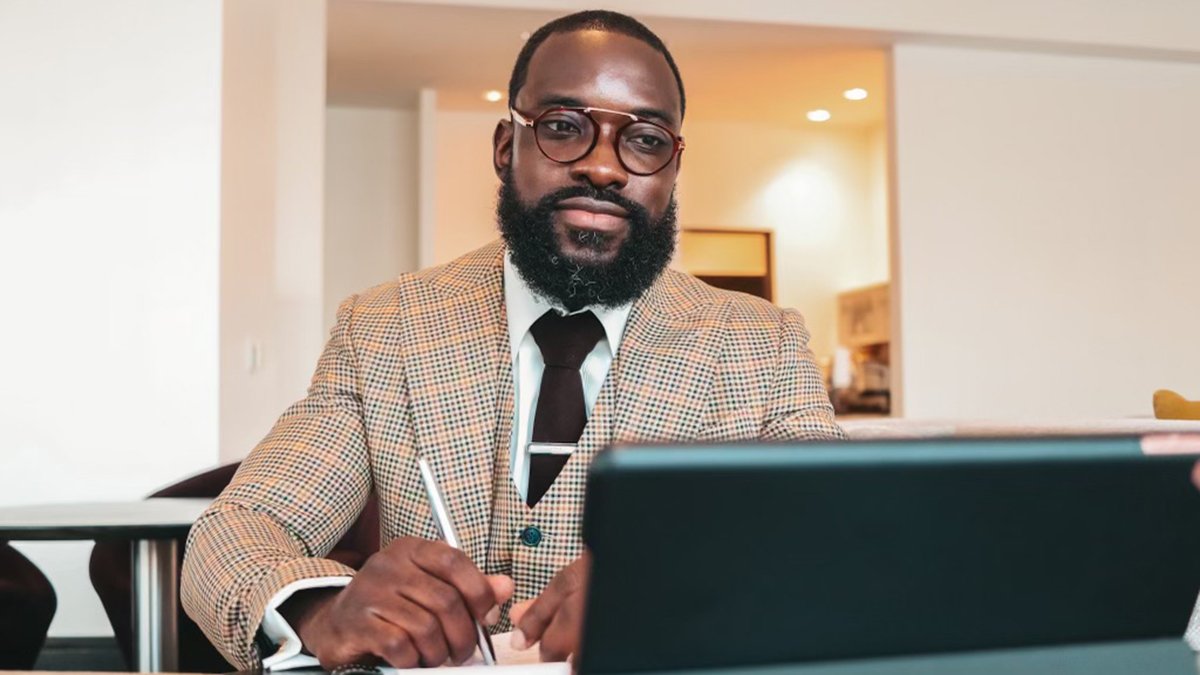R&B singer-songwriter Elle Varner, part of the “Listen to Black Women” cast, discusses the project’s significance and the impact of amplifying the voices of Black women in today’s cultural landscape.
What motivated your decision to participate in the new season of Listen to Black Women?
First of all, anything that says Listen to Black Women, I’m in. I think Black women need to be seen, heard, and felt at all times. So, I felt like as a Black woman and someone in the industry for 15 years; I had something to contribute. Growing up with Black women in my life, such strong women, I’ve learned a few things. So, I wanted to be able to give some of that back.
In what ways did the presence of a live audience impact the dynamics and discussions during filming?
It felt more like a talk show, so that was a lot of fun. And we were a little bit on our toes with the questions, but they were really great questions. We got to connect with everyone.
Can you describe the atmosphere and the energy experienced on the live set?
It’s a lot of fun, you know, it feels like prime time. I’d love to see it on television. I think it would be a great format and a great platform. It reminds me of Teen Summit in a way. It’s not the same subject matter per se, but kind of like those shows where there were a couple of hosts, and they were hanging out and discussing things. And I think that is missed in media today.
What are some of the subjects that you will be tackling this season?
We tackle fatherhood; we tackle motherhood; we tackle a lot of dating and relationships. What it’s like out here for us. We tackle friendships, really every little nuance and subject of the Black woman’s experience, but also Black men and children and their experience. It’s a kind of all-around conversation on life from the perspective of Black women.
Now, as we celebrate Women’s History Month, what reflections do you have on strides made by women thus far?
Oh, man. I’m so proud. It’s funny, I have a new song called Black and I say, I’m so proud to be Black, but I’m so proud to be a Black woman in particular. I think women are so strong, not only giving birth and creating life but carrying life for nine months, just that in itself is extraordinary. And the perseverance of Black women to push forward, Harriet Tubman with the civil rights movement, and Rosa Parks on the bus—just all the things we’ve done to get up here today. The way Black women are just leading a group of new entrepreneurs, creating small businesses, going to school, getting their degrees, and just holding it down and raising families on their own a lot of times. We’re just making it all happen. So, I’m super proud to be a Black woman.
How did you perceive the inclusion of men this season?
Oh, those were funny conversations… I didn’t want to go too deep because I can get deep… I’m a little bit of a fake psychologist (laughing). I’m writing my book. I felt that I could see some of the walls that were up and some of the imbalance. For example, some men would not date women with children, but they have children, and they want women to date them. You know what I mean? They are not wanting to compete in certain areas, but then expecting a woman to show up. It didn’t make a lot of sense, but I understand that there are deeper layers in where that comes from. So I’m just like, all right, we don’t have enough time today to get all into this.
In your view, why is it paramount to listen to Black women, particularly in the context of 2024?
I believe Black women, with the right support, have accomplished such astonishing, influential, extraordinary things and will continue to experience exponential growth within our community. Additionally, they will shape the future landscape of our community. I believe there is a significant need for increased community development within the Black community. That comes from both men and women. You know, we have to work together, especially for the children.
There are so many things like nutrition, education and mentorship for the future of our kids and our community as a whole that need to be addressed and, little by little, healed from years and years of attacks from the white community, from police brutality to imbalances of funding, and lack of access. There are certain communities, Black communities where there’s no access to fresh produce for miles, and these things are going to help us to move forward, to heal, but also to prosper and thrive.
Throughout the filming of this season, were there any revelations or moments that took you by surprise?
I would say that there are women who have these amazing relationships, for example, Naturi Naughton with her husband. And she talked about dating after becoming a mother and having an amazing man and support system. But a lot of us women are single, and I felt less alone. I felt more understood. I feel it’s a thing. It’s definitely a thing. A lot of successful Black women that I know have a hard time finding a partner today.
As a prominent voice in the entertainment industry, how do you navigate the intersectionality of race and gender in your work and your advocacy?
In my work and advocacy, I’ve always done mentorship from day one. I mentor with Black Girls Rock every year with their summer program for young girls. I make sure I show up for that. Shout out to Beverly Bond. I work in schools in different programs where I have access to young people where they can ask me questions and get to hear about my work, and what it took for me to get to where I’m at. As I teenager, I was able to be part of a program where Mary J. Blige came to my high school and spoke one day. And from that moment, I knew I would be a mentor one day. She changed my life, not just with her music, but with her showing up and being a mentor. So, I make it a point to do that every year in some capacity.
I also make myself available to other women. I’ve mentored other artists, like H.E.R. I’ve crossed paths with Ari Lennox. Anytime that I can make myself available, support musically, or in a conversation, I make sure to do that… I just try to stay strong and represent to the best of my ability, strength, and perseverance so that other Black women have someone not only to look up to but on their side—who’s there and available cause it’s hard. It’s definitely hard. It’s a male-dominated industry. There’s a lot to navigate and I’ve had to deal with stuff, but, you know, I don’t play. So I’ll be like, listen… I kind of have this energy when I walk into the studio. I’m nice, and I will say hi and hello, but don’t try it. It took a lot to get there. Shout out to my dad, who also gave me the upbringing to know how to carry myself and handle myself in those situations.
Is there a final message that you would like to impart as we conclude?
A couple of things. One, believing you’re in yourself is more than half of the battle. If you can’t believe in yourself, remember that God believes in you. He believed in you first and you’re here for a reason. It’s okay to be afraid but push through, anyway. You don’t know what’s on the other side of fear. There are a lot of miracles on the other side of fear. And I can 100% guarantee you that life is going to keep life’ing (laughing)… It’s never going to stop. It’s how you handle these moments and these experiences that will end up defining your life. Just stay strong and keep a network. If you don’t have a network, find a network. Go to church, go to a class, go to put yourself out there, and build a network for yourself to help you stay encouraged.
Be’n Original






